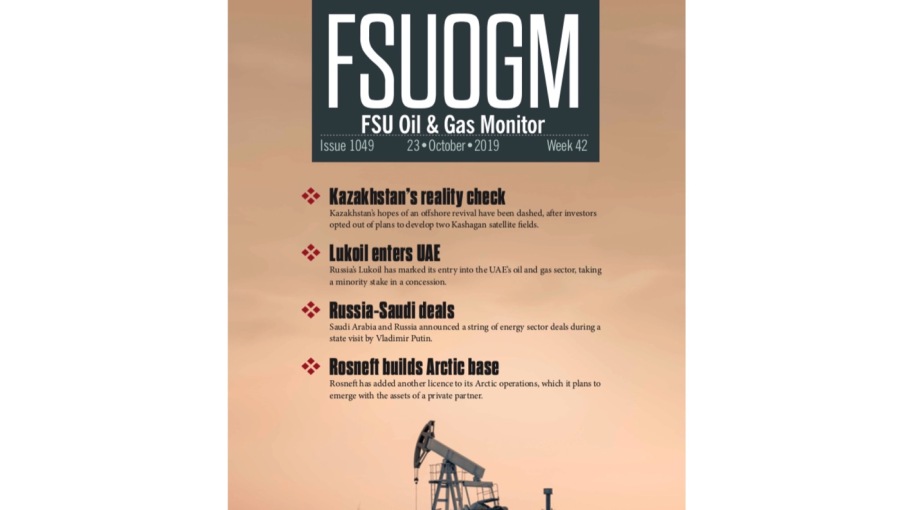FSUOGM: Ukraine imposes fuel price controls

Ukraine’s government has introduced controls on retail gasoline and diesel prices in an attempt to stem rising inflation, in a move that has prompted harsh criticism from the industry.
In an announcement on May 12, the government said it had added oil products to the list of socially important goods, and that retailers now needed to declare plans to raise prices by 1% or more to the state consumer market watchdog some 20 days in advance. Earlier this year the government also imposed a price cap on natural gas and electricity for households, while the central bank has hiked its key rate twice to combat inflation, which grew to 8.5% in March and 8.4% in April, up from 5% in December.
The Ukrainian Oil & Gas Association has said the government decision violates the principles of market competition, as it is not possible to set prices 20 days in advance.
Ukraine has won praise in recent years for steadily liberalising its energy sector. But recent policy decisions by the populist Zelenskiy government have prompted concerns of backtracking. The move in January to cap gas prices is expected to jeopardise the country’s co-operation with the International Monetary Fund (IMF). Ukraine is waiting on $2.5bn in loans from the IMF, but the financier had listed liberalised gas prices as one of its key demands.
More seriously, in late April the government shocked its international partners by dismissing the CEO of national gas company Naftogaz, Andriy Kobolev, along with its supervisory board. It has faced accusations of violating corporate governance standards. Kobolev was replaced by Yuriy Vitrenko, a former Naftogaz executive that had been serving as Ukraine’s acting energy minister.
In Russia, state-owned Rosneft has signed investment deals with the energy ministry to upgrade four of its refineries.
The agreements cover the construction of new processing units at the company’s Novokuibyshevsk, Syzran, Tuapse and Komsomolsk refineries. In return for investing in the projects, Rosneft will secure a so-called “reverse excise tax premium” for a certain undisclosed period.
The energy ministry has entered into such agreements covering upgrades at 14 other oil refineries, including facilities operated by Gazprom Neft, Lukoil and Tatneft.
To be eligible for these investment deals, companies must commit to projects worth at least RUB50bn ($680mn) that must be completed by 2026. All in all, the programme is expected to lead to the development of around 30 advanced processing units at a cost of around RUB1 trillion over the next six to 10 years.
If you’d like to read more about the key events shaping the former Soviet Union’s oil and gas sector then please click here for NewsBase’s FSU Monitor.


Follow us online